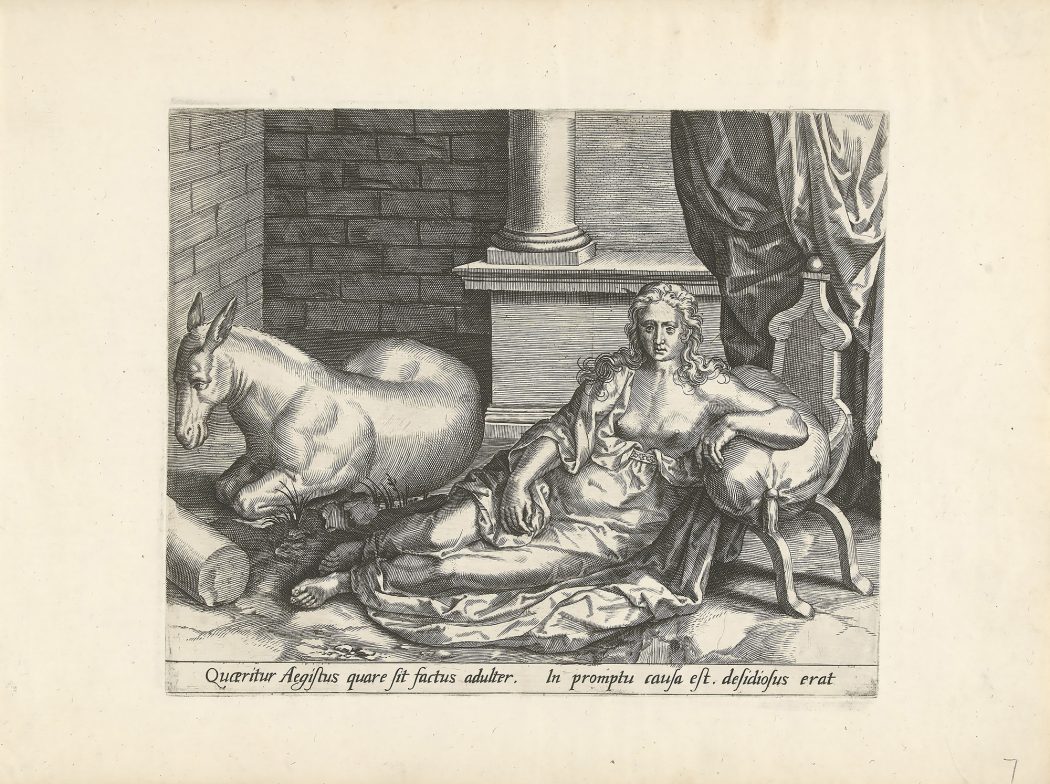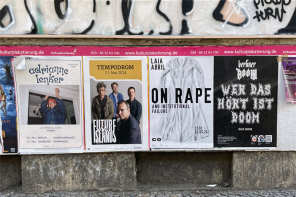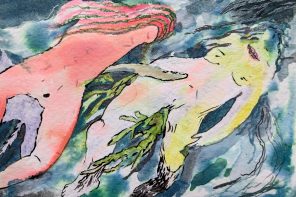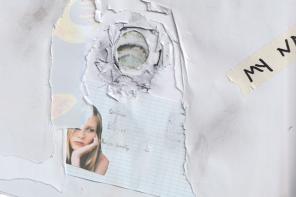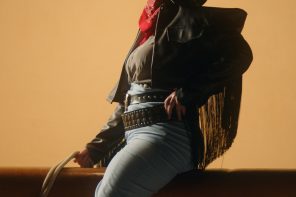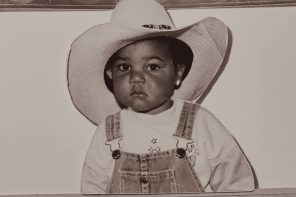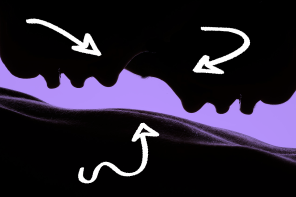Audio transcription:
It’s the fourth century A.D. You’re a monk in the Egyptian desert, and you live in a hut not far from other monks. Every day you get up at dawn to pray, and you spend most of the rest of your day either praying or weaving baskets. Today though… it’s…hot. And….dry. You haven’t even seen your brother cenobites today, even though you’ve been outside your hut all morning, hoping someone was around. After a nutritious but lonely lunch (locusts and honey), you are supposed to go back to your prayers and your baskets, but…
It’s so hot out here. So dry. You did not sleep well last night. All at once you have the desire to take a nap, take a walk, to be anywhere but where you are, and be doing anything but what you are doing. What does God care if you pray or not today? What do you?
The monks would say you have fallen prey to the feared “noonday demon,” the bane of all who lead a contemplative life, from desert monastics to contemporary freelancers: acedia. In Greek, it’s ἀκηδία, the antithesis of κῆδος, which means care. Early on, acedia was described as a kind of “spiritual dryness,” one of the original eight evil thoughts that could draw a seeker from God’s path. It was perceived as a gateway sin. Once beset by not-caring, more sinning becomes easy. Endless debauchery avails you – locusts wantonly dripping in honey, interminable gossip with your neighbors, and fornication.
If you substitute cake for locusts, Netflix for gossip, and bored masturbation for fornication, I have certainly experienced my fair share of acedia during this latest Great Pause.
Those monks in the desert describe the sensation that grips me on those too-long afternoons with eerie accuracy. I’ve checked my fridge, Whatsapp, and emails for the hundredth time. I see food that I don’t want but will eat anyway, I read messages that I won’t answer. Acedia brings together listlessness, unease, distraction, anxiety, wanderlust, torpor, depression, and disgust of one’s self, the people you know, and the world at large. I’d be willing to bet that many people working in solitary professions, where recognition for one’s work does not come often, have experienced acedia to some degree. So why had I not heard the term before?
The short answer is the Middle Ages happened. Christianity overwhelmed Europe. In the desert, acedia was a vice reserved for hermits and monks, but in the rolling hills of agrarian feudalism the Catholic Church needed to be everybody’s moral compass. Everyone was a sinner in the Middle Ages. It is hard to diagnose someone else’s spiritual dryness, but it is obvious if somebody is present at Mass, comes to confession, and observes the fasting days. So as the Middle Ages progressed, acedia became less of an inner battle and more about a laxity in performing one’s duties. Acedia was forgotten, subsumed by the capital sin of sloth, or laziness. How convenient that laziness became a sin in nascent capitalism: all the more reason to equate hard work with virtue! Centuries later, the Protestant work ethic adopted this stance whole-heartedly by controlling bodies through discipline. The desert monks knew, however, that being busy can also be a way of covering up despondence; too busy to think, too busy to feel how parched your soul is. Workaholism is a symptom, not the antidote, to acedia.
These days, Christianity’s seven capital sins (to review: gluttony, envy, lust, pride, anger, sloth, and greed) are often aspirational. I’m happy to live in a world where lust is healthy, releasing anger is important to our mental health, and pride is a way queer folk and their allies learn to love themselves and each other. Acedia, the way it lurks in the shadows, seems all the more insidious. It “believes in nothing, cares for nothing, seeks to know nothing, interferes with nothing, enjoys nothing, hates nothing, finds purpose in nothing, lives for nothing, and remains alive because there is nothing for which it will die” (Dorothy Sayers). Acedia, a dustiness of the heart, attacks us at the level of discernment. It allows doubt to divert attention from how we take care to why bother.
The desert fathers and mothers suggested heavy manual labor and staying in the same place as concrete cures for acedia. In other words, turn off that phone and clean your house. They suggested staunch persistence and energetic devotion. I’d say it all comes down to spiritual juiciness. Think of all the fluids we need to nurture: milk and sweat, blood and mucus, tears and spittle, trickling, surging, cascading through our bodies. We must find our metaphysical liquid, an elixir to lubricate our souls.
Restless, you wander up the narrow path to Amma Sara’s hut. You ask her for a word. Without looking up, she tells you to go back to your hut and not leave it, ease off the locusts, sweep your hearth, and muck out the privy. Hardly comforted, you trudge back, your tongue coated in sand. You hardly notice the clouds lowering on the horizon. Privy-mucking commences with a reluctant prayer on your lips. The soft hum of rain running over the cracked earth turns reluctance to devotion. A moment of joy, of wet slippery wonderful grace, drives the demon of acedia back, at least until the next noonday.
Words by Kareth Schaffer
Header Image: Pieter Jalhea Furnius, Luiheid, from Zeven doodzonden (1550-1625)
Kareth Schaffer is a choreographer and performer. She practices an extended concept of choreography: to date she has scrutinized mudslinging, synchronized swimming, prophecies, film soundtracks, Angela Merkel and conversational formats. In December, she will premiere a work on acedia and the age of distraction at Sophiensaele Berlin.

